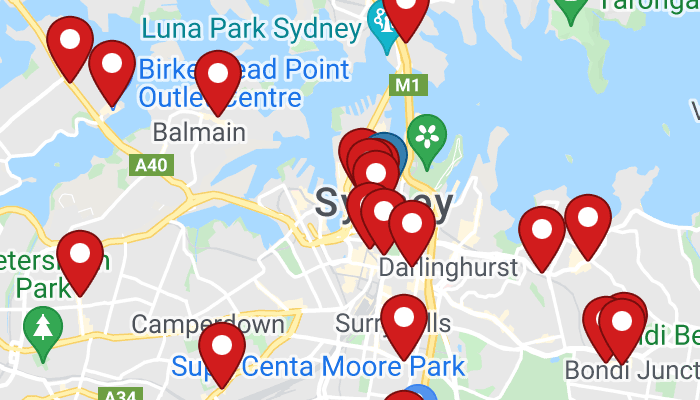Why what we do matters
The pathway to a legitimate therapeutic intervention
When Liber began its journey, no meaningful global standards for manufacturing vaping products existed. The best that could be hoped for was that the vape in your hands had been manufactured to an ISO 9001 standard – like toasters and washing machines.
The team behind Liber believed that vaping products, as medical devices, should be manufactured to the highest possible standard, so developing our products with pharmaceutical standards and protocols was the logical approach.
The standards Liber applied to its Nicovape® Q vaping products from the outset have raised the bar for quality and safety standards for therapeutic vaping products in Australia. The evolution of the TGA’s vaping product regulations to meet Liber’s benchmarks validates our approach.
Liber’s focus remains on having its range of Nicovape® Q therapeutic vaping products registered on the ARTG, and we are working hard to make this happen.
Getting this right in Australia will have a global impact
For decades, Australia has been a world leader in curbing tobacco use. Australia’s approach to regulating vaping products is already having global ramifications on their quality, safety and effectiveness.
While the global scientific consensus supports vaping products as being safer than cigarettes and a more effective means of smoking cessation when compared to traditional nicotine replacement therapies, there are still unanswered questions regarding the long-term safety of these products.
Resolving these questions with hard data and assessment by one of the world’s leading medical regulators – the TGA – will benefit smokers and public health systems globally.
Getting this right in Australia will help Australians
The evolution of vaping products has created a conundrum for public health advocates, as they seek to balance preventing new users using vapes as a pathway into nicotine dependence, while allowing access to those for whom there is a genuine therapeutic benefit.
Nearly four years into the implementation of Australia’s therapeutic access model, there are some clear takeaways:
- Many Australians still smoke and want to quit: The most recent NDSHS survey indicates that nearly 70% of Australian smokers say they want to quit smoking1, but for many reasons don’t, or simply can’t.
- The number of never-smokers vaping is increasing: According to the same survey, among Australians aged 18–24, approximately 50% of current vapers had never smoked.
- Vaping products are not suitable for general retail: The widespread availability of cheap, albeit black market, vaping products (primarily disposables) in the convenience sector saw a dramatic increase in youth vaping prevalence (from 1.8% in 2019 to 9.7% in 2023).
- The trend around youth vaping is decreasing: With further strengthening of the access framework for vaping products in mid-2024, youth vaping rates have fallen by more than one-third in less than a year. Indeed, in South Australian schools, suspensions related to vaping dropped by a staggering 50% over the same period.
- Support from a healthcare professional is essential: Behavioural support combined with stop-smoking medication increases quit rates more than using either alone. Counselling combined with therapeutic vaping may be the approach most likely to result in smoking cessation.
The Government’s approach to regulating vaping products has been successful in curbing youth access to vaping products. With the support of the healthcare community, it is an opportunity to help all smokers quit for good.
- AIHW 2022–2023 National Drug Strategy Household Survey (NDSHS)
- Hartmann-Boyce J, Lindson N, Butler AR, McRobbie H, Bullen C, Begh R, Theodoulou A, Notley C, Rigotti NA, Turner T, Fanshawe TR, Hajek P. Electronic cigarettes for smoking cessation. Cochrane Database of Systematic Reviews 2022, Issue 11; DOI 10.1002/14651858.CD010216 .pub7

Find your nearest stockist
Over 1,000 community pharmacies across Australia currently hold nicotine vaping products in-store.
